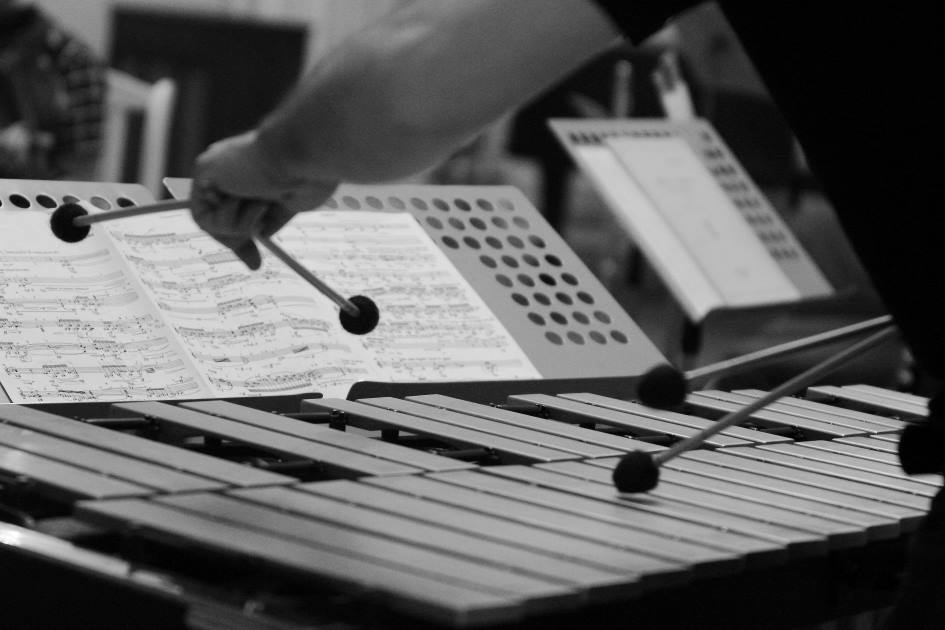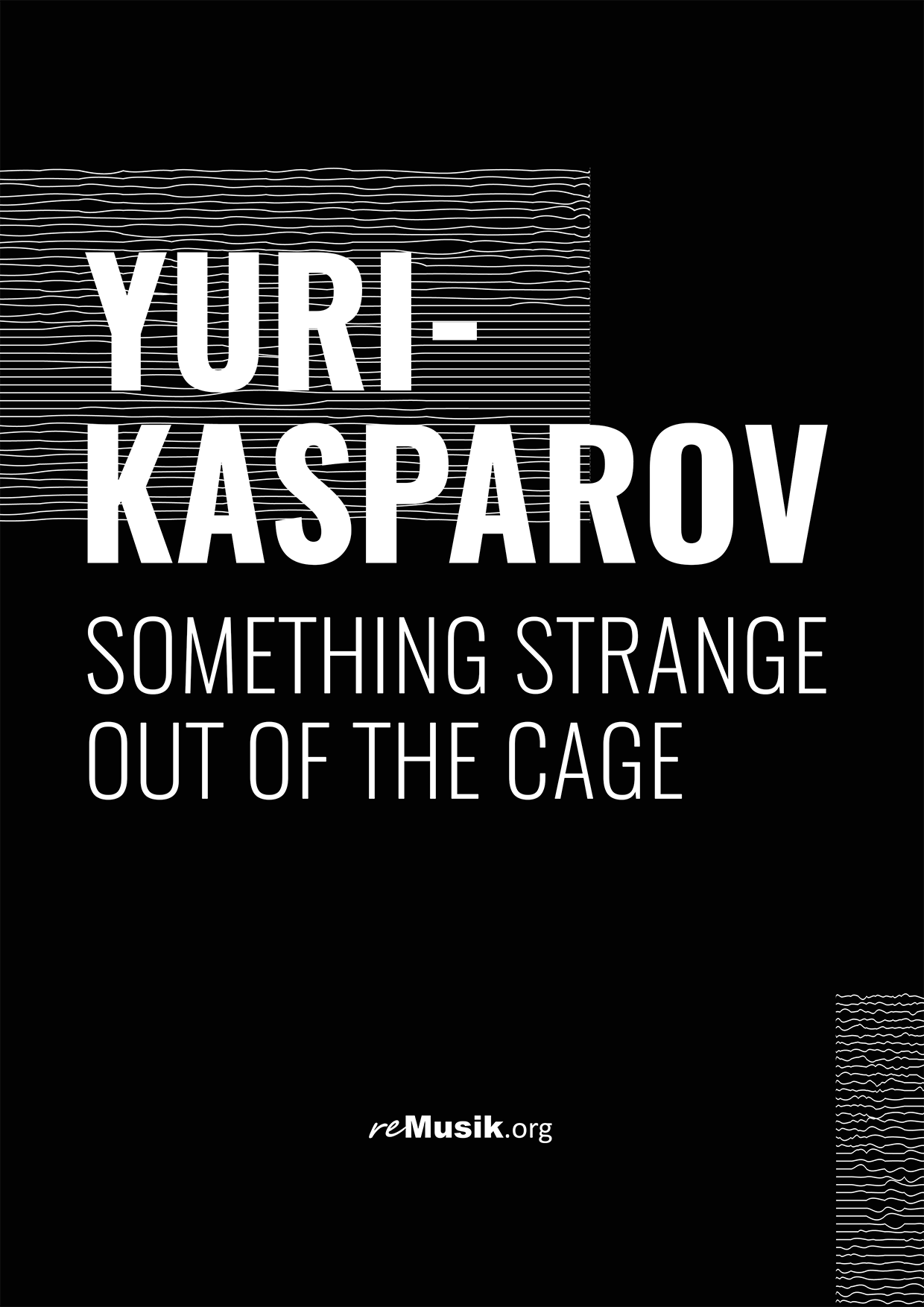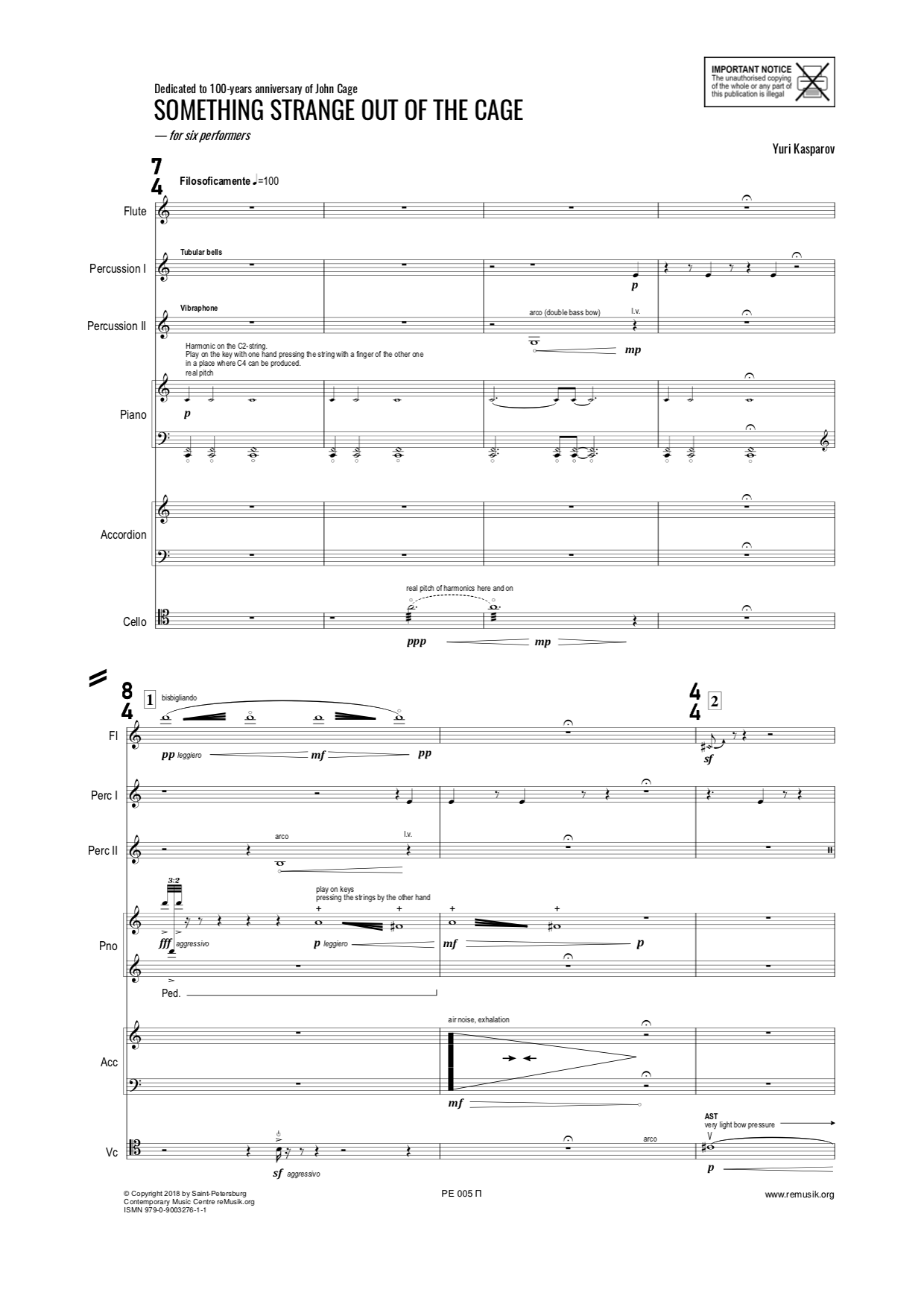Tucson Symphony Orchestra
EarShot New Music Readings
May 17-21, 2022 (Tucson, AZ)
Application Receipt Deadline: October 25, 2021 11:59pm MST
Composer Notification: December 22, 2021
Program
American Composers Orchestra seeks to identify and celebrate emerging American composers through its EarShot program.
Drawing from a national network of advisors and advocates, EarShot works with orchestras around the country to identify and support promising composers in the early stages of their careers. Orchestras have relied on EarShot to identify and connect with composers consistent with their artistic vision, and to advise the orchestra on commissions, competitions, and program design. Managed by the American Composers Orchestra (ACO), EarShot is a partnership between the ACO, League of American Orchestras, American Composers Forum, and New Music USA. Over the past 10 years EarShot has initiated dozens of composer/orchestra/conductor relationships across the country offering opportunities to more than 100 composers. In 2016, ACO launched a composer archive of past EarShot compositions now in the orchestral repertoire.
In keeping with ACO’s commitment to customizing the EarShot residencies to the participating orchestra’s programming requests, the Tucson Symphony Orchestra wishes to identify and encourage composers who share the orchestra’s geographic pride according to the following criteria:
Composers who were born in the Southwestern United States (defined as Arizona, California, Colorado, Nevada, New Mexico, Oklahoma, Utah, Texas) regardless of their current state of residency; or
Composers who currently reside in the Southwestern United States; or
Composers who received a college or graduate degree from a school in the Southwestern United States, regardless of their current place of residency; or
Native American composers, regardless of their current place of residency, who are verifiable members of a federally recognized tribe with indigenous lands located in the Southwestern United States; or
Mexican-American composers, regardless of their current place of residency; or
Mexican composers lawfully and permanently residing, or studying full-time, in the USA.
This year, the Tucson Symphony Orchestra participant composers will work closely with mentor composers Billy Childs, Jerod Impichchaachaaha’ Tate, and Melinda Wagner, as well as conductor José Luis Gomez.
There is no application fee. Travel and accommodations are provided, and composers will receive a recording of their work for archival and study purposes, and a stipend for score and parts production.
Eligibility
This program is for composers who have had no more than two works performed by a professional orchestra. (College and festival orchestra performances do not apply.)
American applicants must be either a U.S. citizen or non-citizen lawfully and permanently residing, or studying full-time, in the United States. Mexican applicants must be lawfully and permanently residing, or studying full-time, in the United States.
Applicants must fulfill one of the following criteria:
-Composers who were born in the Southwestern United States (defined as Arizona, California, Colorado, Nevada, New Mexico, Oklahoma, Utah, Texas) regardless of their current state of residency; or
-Composers who currently reside in the Southwestern United States; or
-Composers who received a college or graduate degree from a school in the Southwestern United States, regardless of their current place of residency; or
-Native American composers, regardless of their current place of residency, who are verifiable members of a federally recognized tribe with indigenous lands located in the Southwestern United States; or
-Mexican-American composers, regardless of their current place of residency; or
-Mexican composers lawfully and permanently residing, or studying full-time, in the USA.
There are no age restrictions; applicants should be composers at the early stages of their professional orchestral careers.
Composers selected to participate in prior ACO EarShot, Underwood, or Whittaker New Music Reading Sessions are ineligible.
Previous JCOI participants are eligible to apply.
Application Instructions
Each composer may submit only one composition for consideration. Works that have been previously submitted to ACO for consideration and were not selected for a reading may be resubmitted.
Works may not have been performed or read by a professional orchestra. If the work has been read by a professional orchestra, the work is eligible for submission if it has undergone major revisions.
Compositions must be less than 15 minutes in length. A portion or movement from a longer work may also be considered.
Instrumentation should not exceed Tucson Symphony Orchestra’s standard symphonic complement: winds at 3.3.3.3; brass at 4.3.3.1; harp, piano, timpani plus 2 percussion, and strings. Doublings allowed: piccolo, alto flute, English horn, Eb clarinet, bass clarinet, and contrabassoon. If the submitted work does not meet this orchestration, composers should expect some re-orchestration will be requested if chosen.
Compositions may not include voice, amplification of orchestral instruments, and/or sound reinforcement. Concerto works are not eligible. Works with limited, non-soloistic fixed electronics (such as a keyboard or a pad triggering sounds supplied by the composer) may be submitted, but will be evaluated for feasibility on a case-by-case basis.
Do not submit recordings.
The quality of the score submitted is the primary evaluation criterion. It is therefore in the applicant’s best interest that the score be clear, accurate, and the best representation of the composer’s work. The additional background and educational information is for eligibility and documentation purposes; these materials are not considered in the general review of scores.
Incomplete, illegible, or late applications will not be considered.
Composers selected are responsible for delivering professional-quality score and parts. Assistance from a copyist will be provided at no cost to the composer, as well as a $200 stipend for score and parts production. Travel and accommodations will be provided.
Applicants must submit an electronic submission form and the orchestral score in PDF form. There is no application fee.
How to Apply
Before submitting an application, carefully review the eligibility & submission guidelines above. A complete submission must include the following:
A completed online submission form. (https://americancomposers.dm.networkforgood.com/forms/tucson-earshot-app…)
A pdf of the score clearly labeled with the composer’s name and title of the work on the cover page.
There is no application fee.
The application process must be completed by 11:59 pm MST on October 25, 2021. Late submissions will not be considered.
If Selected
Composers will be notified via email by December 22, 2021.
Composers must be available and ready to attend reading sessions, feedback meetings and professional development workshops on the dates listed above. Necessary accommodations for physical disability and/or neurodiversity will be provided.
Composers must provide professional, legible orchestral parts and scores prepared according to guidelines established by the Major Orchestral Librarians Association. Assistance from a copyist will be provided in creating the score and parts at no cost to the composer. Materials for the first reading session must be delivered no later than 45 days before the reading session for which they have been selected.
Composers agree to submit photos and sound clips for web use and a short biography for media purposes; to participate in blogging and social media to be videotaped/recorded for archival and promotional purposes; and to have their music recorded for archival and study purposes.
Deadline 25 October 2021
Website americancomposers.org



